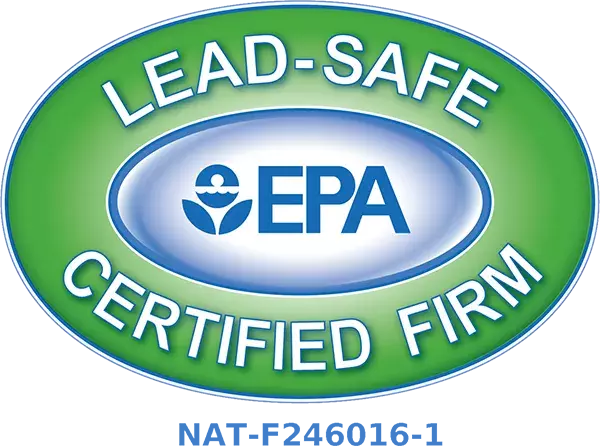Water damage can happen to anyone, at any time. It could be a burst pipe, an overflowing bathtub, or even a natural disaster like flooding. Whatever the cause may be, water damage can wreak havoc on your home and belongings if not addressed quickly enough. That’s why it’s important to know what to expect during a water damage inspection.
Do You Need A Water Damage Inspection?
When water damage occurs in your home, it is important to have a professional inspect the affected area to determine the extent of the damage and what needs to be done to repair it. This will involve several steps:
- The inspector will first take a look at the affected area and assess the extent of the damage. They will then use moisture meters and other tools to test for moisture in the walls, floors, and ceilings. The inspector will also look for any signs of mold or mildew.
- After the initial assessment, the inspector will likely recommend some further testing, such as thermal imaging or borescopes, to get a better idea of the scope of the damage. They may also recommend removing some materials, such as drywall or insulation, to get a better look at hidden damage.
- Once the full extent of the damage has been determined, the inspector will provide you with a report that outlines their findings and recommendations for repairs. This report will be used by your insurance company to determine how much they will cover for repairs.
Questions to Ask During the Inspection
As a homeowner, it’s important to be as involved as possible in the water damage inspection process. Here are some questions you should ask your inspector:
-What exactly are you looking for?
-How long will the inspection take?
-Is there anything I can do to prepare for the inspection?
-What are your qualifications?
-Do you have liability insurance?
How to Prepare for a Water Damage Inspection
Make sure all areas of your home are accessible. The inspector will need to be able to access all parts of your home, including crawl spaces and attics. If there are any areas that are off-limits, be sure to let the inspector know in advance.
Gather up any pertinent paperwork. This includes things like insurance documents, receipts for repairs, and anything else that might be relevant to the inspection.
Take some before photos. It can be helpful to take pictures of your home before the inspection begins. This way, you’ll have a reference point for later if any damages are discovered.
A water damage inspection is an essential part of any homeowner’s maintenance plan. Knowing what to expect during the process can help you feel prepared and give you peace of mind should a problem arise.


